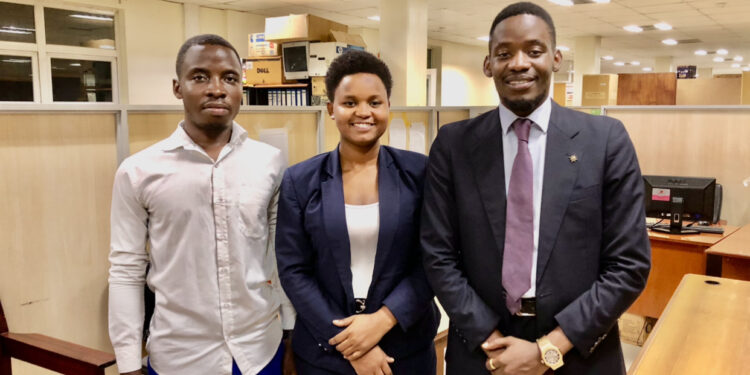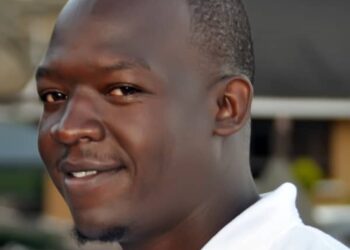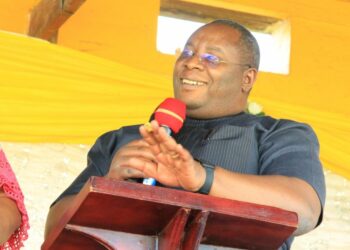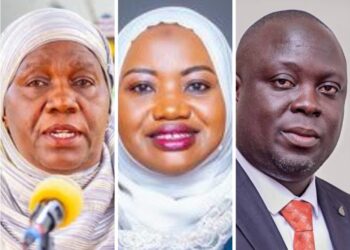Becoming a student leader adds value to a student’s experience. The greatest feeling comes from embracing challenges and exceeding one’s own expectations.
A leader constantly looks to develop himself, to become the best he can be. There are a myriad possibilities and resources available, and it’s important to grasp these moments. By upholding leadership positions, the student can positively impact other students, peers, organizations, and the greater community.
A case study is when 500 student delegates gathered at the University of Minnesota for the 1960 National Student Association congress, they faced crossroads like either continue with cautious politics on their own college campuses, or throw caution to the wind and pledge full support to the southern freedom struggle.
At this congress, Casey Hayden was part of a panel about the recent sit-ins. Three white southern men were also on the panel, and they criticized such protests as “violations of the law, involving private property and legal rights of businessmen.” Looking out at the mostly white gathering of guardedly-liberal-student-government-types, she implored them to recognize that, “a person must at times choose to do the right rather than the legal. I do not consider this anarchy, but responsibility.”
Against the odds, Hayden swayed the group. Connie Curry, a fellow NSA-er, remembered Hayden’s speech as a major lean to the left for NSA. “My scalp tingles as I hear again the thunder of the standing ovation and see the eyes filled with tears,” she reflected. After the panel, NSA passed a sit-in resolution and pledged to provide moral and material support to southern activists, bringing the group closer to the values of equality and integration they had professed since its inception in 1947.
NSA started as a post-World War II student activist community with networks across the country. Their official creed was for equal rights and the responsibility, rather than the right, of students to fix the injustice in the world. The southern movement was their chance to prove it. The 1960 congress led NSA to “get campus politics out of the sandbox,” as NSA activist Rick Tuttle described it, and paved the way for many NSA members to join the Movement in the South.
At SNCC’s founding conference, NSA sent delegates. Connie Curry–only a few years out of college herself–attended as the leader of NSA’s Southern Project. She had experience that the newly forming SNCC could learn from, like organizing interracial seminars for southern students and spreading news of the Freedom Struggle to northern college students. Curry was extremely moved by the energy she saw and felt at Shaw University. For the first time, she remembered, “I stood in a circle, joined hands, and sang ‘We Shall Overcome.’” After the conference, student delegates selected Curry to be an adult advisor for SNCC alongside Ella Baker.
Through NSA, Curry went on to provide on-the-ground support for Jim Forman and the SNCC Atlanta office. She also had some access to equipment and funds through a YMCA fellowship in Atlanta and opened her NSA office space to Julian Bond. “I remember him sitting in the NSA office at 41 Exchange Place, where Julian used to come mimeograph [SNCC’s newsletter] the Student Voice.” Curry also served as a watchdog at protests, alerted the SNCC office when someone was arrested, and brought her vision to “promote better human relations between southern black and white college students” to SNCC’s executive committee.
NSA brought in others like Betty Garman. After her first NSA congress in the summer of 1958, Garman changed her major from psychology to political science and became a chapter leader at Skidmore. Five years later at a SNCC conference, freedom songs and passionate debates inspired her to leave academia and board a cross-country train to Georgia. With her NSA organizing experience, she worked as northern coordinator for SNCC from 1964 to 19966. Timothy Jenkins, a Howard University graduate and former NSA vice president of national affairs, was instrumental in pushing SNCC to develop a sustained program for political action. In 1965, he testified with SNCC in support of the Voting Rights Act.
When challenges to justice came at SNCC from all sides, alliances with groups like NSA helped them reach audiences around the country and recruit experienced organizers to achieve results on the ground.
For we in the UNSA shadow government believe in both legality and legitimacy. The shadow remains a moral problem that challenges the whole ego personality of those poorly leading the Natinal student’s Associstion. For no one can become conscious of the shadow without considerable moral effort.
Marshalled in 1988 to mobilise students, by virtue of the position students occupy as the vanguard of the youth, UNSA is and will always be an umbrella Organisation for all students in Uganda.
~Lukanga Samuel
Chief Whip-UNSA shadow Govt.
Do you have a story in your community or an opinion to share with us: Email us at editorial@watchdoguganda.com













